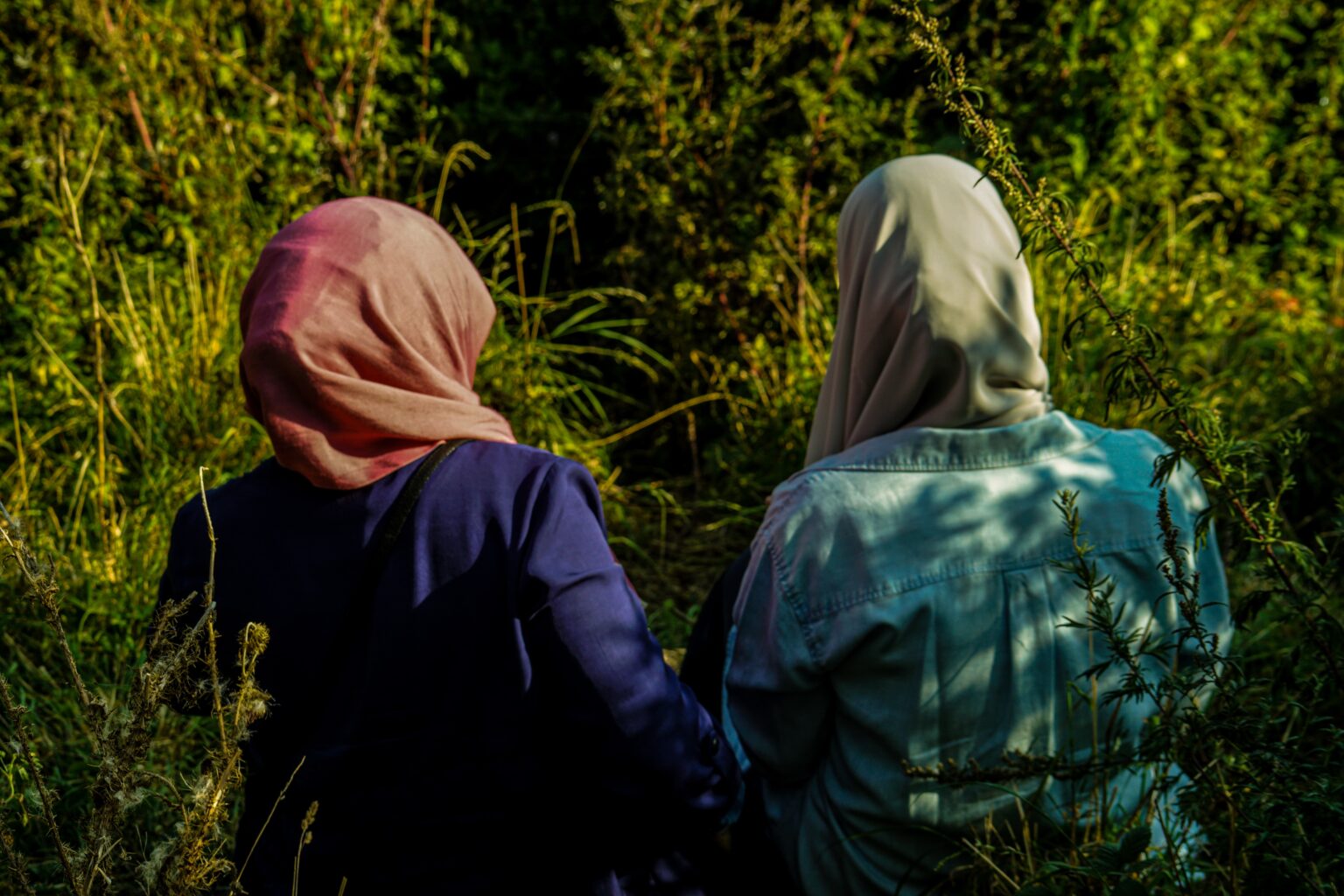Six civil society organizations, including Diotima Center, co-sign a joint statement on the reform of family law “and the risks run by mothers and children of refugee/migrant profile”, stressing that “we are opposed to a draft law that with mathematical precision will expose the already multiple vulnerable refugee and migrant population to serious risks, and specifically mothers and children who experience domestic violence of all kinds and live in refugee camps”. Below is the full text.
The signatories of this joint statement organizations that are active in the field of refugees/migrants, and especially those that provide support services to survivors of gender-based violence, declare that we are opposed to a draft law that with mathematical precision will expose to serious risks the already multiple vulnerable refugee and migrant population, namely mothers and children who experience domestic violence of all kinds and live in difficult conditions, such as those of a refugee camp.
Firstly, although mandatory “joint custody” may not be promoted, the draft law under vote gives too much scope for mandatory co-decision of the parents and mandatory strengthening of the child’s relationship with the other parent, which can expose mothers and children – victims to re-victimization.
The mandatory co-decision of parents, which in various ways is established through the articles of the draft law regarding a number of issues that were previously resolved by the parent having custody, will create more problems in cases of the conflictual relationship between the parents and will increase recourse to justice.
From our many years of experience in the field, however, we know that the access of the refugee and migrant population to justice is even more difficult than for the indigenous population, for a number of known reasons (inability of those involved to meet the costs of litigation, the inability of the state institution of free legal aid to effectively cover all needs, the indisputable gap in the interpretation services provided, etc.).
The treaty that will be created will mainly affect asylum seekers, beneficiaries of international protection and migrant mothers, and especially those who for many reasons do not have legal documents, who will have to cope with the increased judicial safeguards introduced by this draft law, and this within an already complex legal system.
In addition, the condition of the irrevocable conviction of the parent for domestic violence and other heinous sexual offenses in order to limit or exclude his right of access or to presume the improper exercise of parental responsibility, is in direct conflict with the Greek legislation on domestic violence, according to which, in compliance with the Istanbul Convention (ratified by Law 4531/2018) the possibility of imposing restrictive conditions of non-communication is provided for (non-approach to housing, shelters, children’s schools, etc.) already from the initial stage of filing a domestic violence lawsuit against the abusive parent.
It also conflicts with the International Convention on the Rights of the Child (ratified by Law 2101/1992) which establishes the obligation of the State to protect the child from all forms of violence for as long as he/she is in the custody of the parents or one of the parents.
Our position is that there can be no reform of Family Law without the general support of motherhood, parenthood in general, and children, but also without the elimination of discrimination against LGBTQI + people in the right to marriage and childbearing. A modern and inclusive Family Law requires the recognition of all different models of family, imposes the exercise of state welfare policies with the support of parents and children from specialized social services, which will also take care of the needs of particularly vulnerable groups of the refugee and migrant population, and requires the establishment of a Family Court to settle the relevant disputes in a way that ensures the best interests of the child.
The signatory organizations:
Diotima Center
Safe Place
Babel Day Center
Melissa – Network of Migrant Women in Greece
ΑctionAid Hellas
Doctors of the World
Athens,5/4/2021





